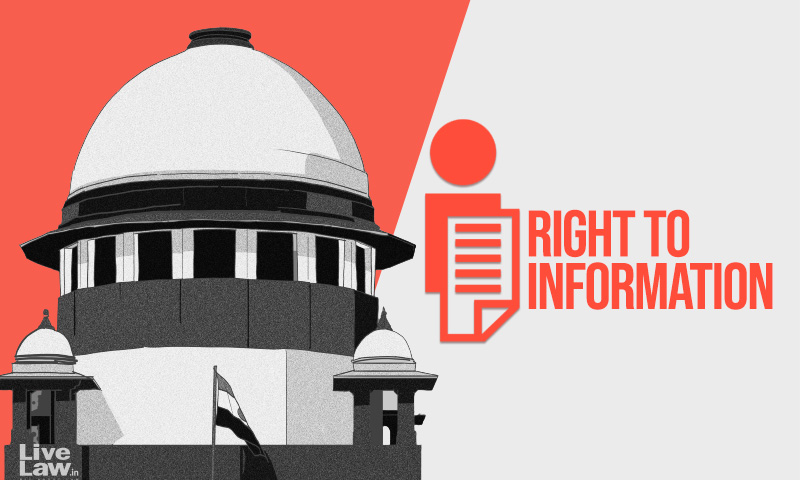On Friday, the Supreme Court issued notice in a Writ Petition seeking effective implementation of the mandate of Section 4 of the Right to Information Act, 2005 ("RTI Act") dealing with the obligations of public authorities, which the petitioner claimed to be the soul of the RTI Act without which the statute would be reduced to an "ornamental legislation". A Bench comprising...

